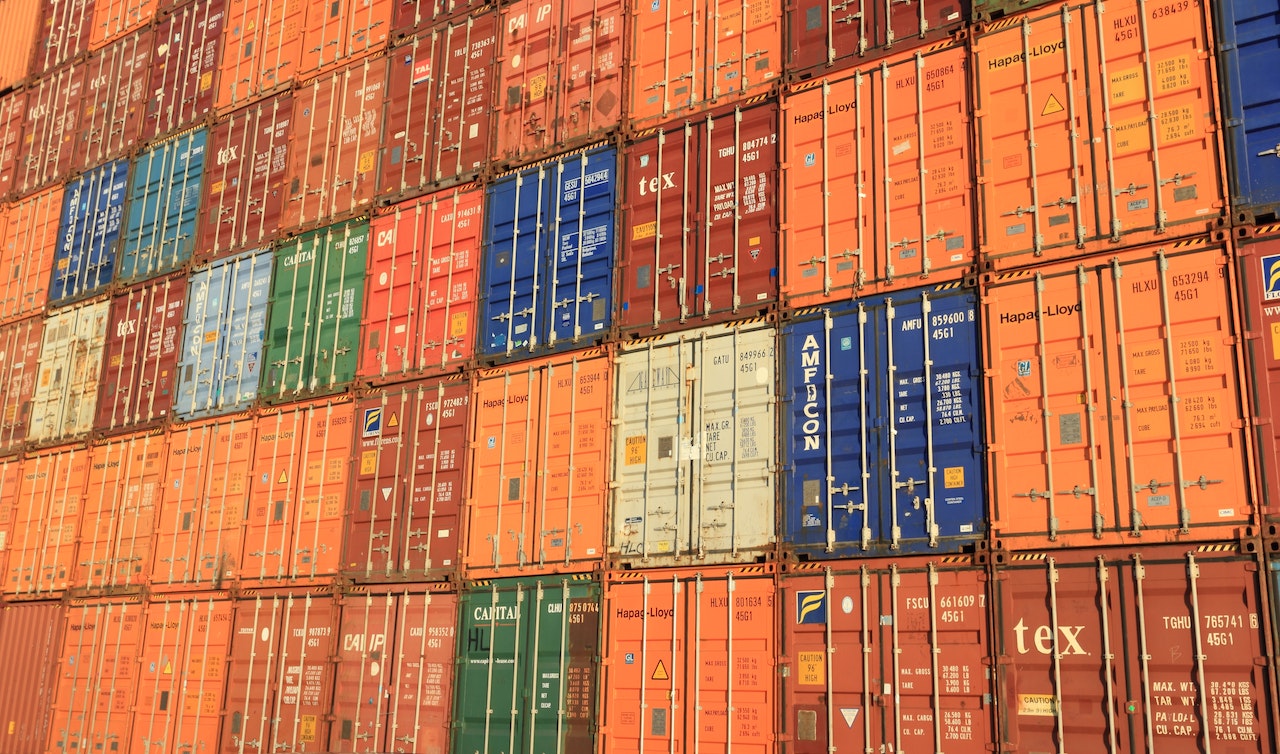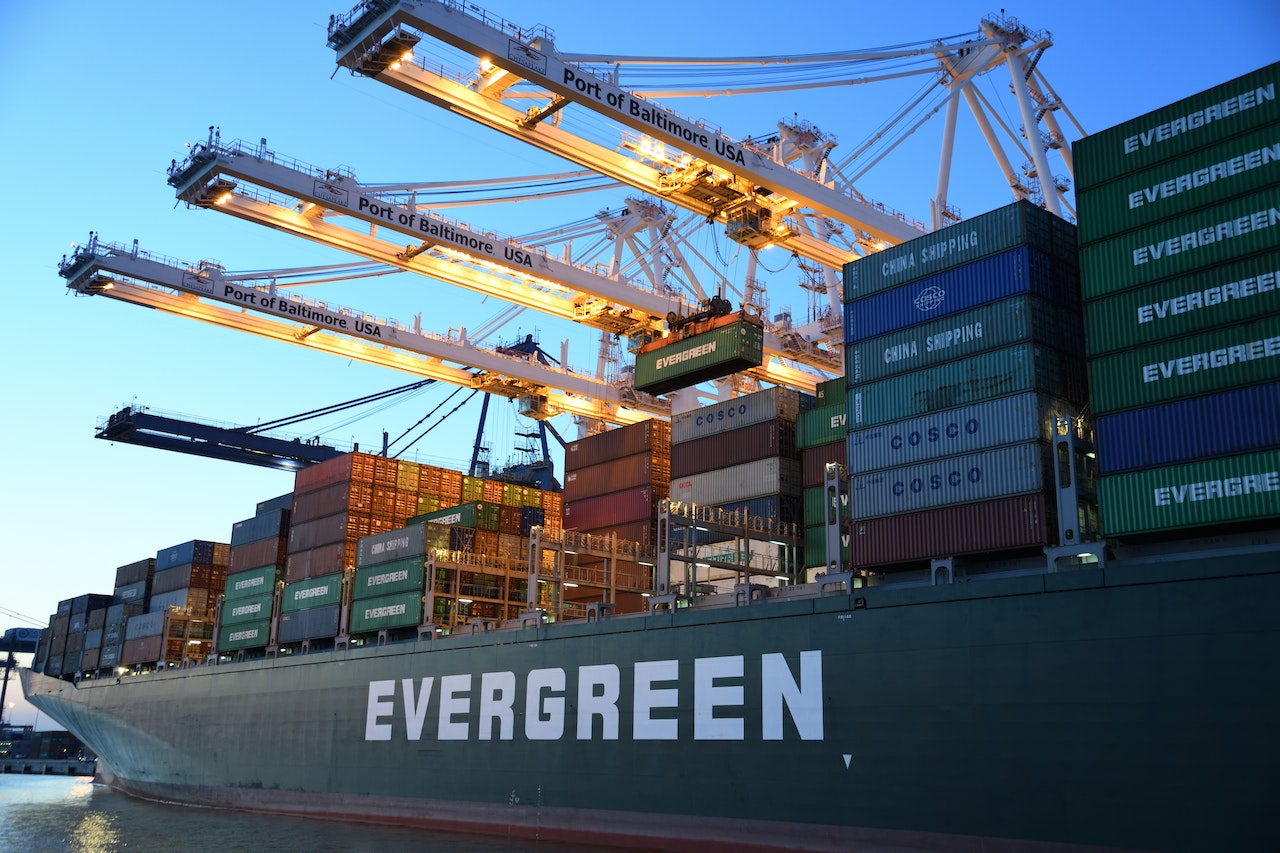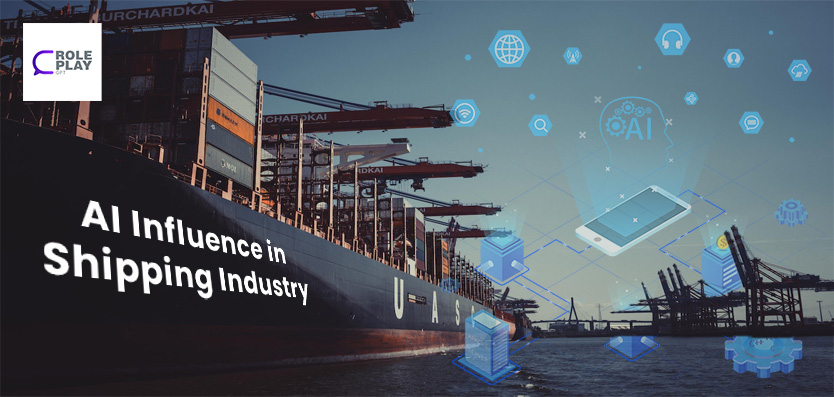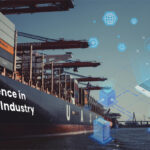The shipping industry, a vital component of global trade, has witnessed remarkable advancements over the years. One of the most transformative technologies that have revolutionized the maritime sector is Artificial Intelligence (AI). AI’s influence in the shipping industry has increased operational efficiency, safety, and sustainability.
AI Influence in Shipping Industry: Enhancing Autonomous Ships
AI has propelled the development of autonomous ships, shaping the future of maritime transportation. These cutting-edge vessels use AI algorithms and LSI keywords to analyze real-time data from sensors, traffic patterns, and weather conditions. Those vessels can minimize human errors and ensure safer navigation.
Revolutionizing Predictive Maintenance with AI
Incorporating AI into maritime operations has transformed predictive maintenance practices. By harnessing AI’s capabilities, ship operators can now predict potential failures and maintenance needs by analyzing sensor data, reducing downtime, and optimizing maintenance schedules.
Ensuring Safety and Security with AI in Shipping
AI’s applications in the maritime industry extend to safety and security measures. Advanced computer systems powered by AI can easily monitor maritime traffic, detect potential risks, and improve emergency response protocols. After analyzing all the data, the AI system can give better reports to the crew to safeguard the journey.
AI-Driven Weather Routing for Optimal Navigation
The integration of AI in weather routing has brought about significant improvements in maritime operations. AI algorithms process weather data, enabling ships to choose optimal routes and avoid adverse weather conditions. Also, it saves fuel and contributes to enhanced efficiency and reduced environmental impact.
Optimizing Cargo Management with AI in Shipping

AI’s influence in the shipping industry extends to cargo optimization. Using AI algorithms, shipping companies can efficiently manage cargo loading and distribution, considering weight distribution, stability, and space utilization. It will reduce fuel consumption.
Streamlining Port Operations through AI
Ports are the lifeline of global trade, and AI has revolutionized port operations. Utilizing AI, ports can streamline container handling, logistics management, and scheduling, expediting the movement of goods and reducing delays.
AI for Environmental Monitoring and Compliance
The shipping industry is increasingly embracing AI for environmental monitoring and compliance. AI-powered systems monitor emissions, analyze ecological impacts, and support the industry in adhering to stringent environmental regulations.
Navigational Assistance through AI
AI-driven navigational assistance provides real-time data, traffic alerts, and route optimization suggestions, aiding ship crews in making informed decisions and mitigating risks during voyages.

The Human Touch: AI’s Support for Crews
AI’s role in the shipping industry goes beyond automation; it supports crews by providing valuable insights and data analytics, assisting them in critical decision-making processes during long journeys.
Frequently Asked Questions (FAQs) about AI in Shipping:
Q: How is AI revolutionizing the shipping industry?
AI is revolutionizing the shipping industry by enabling the development of autonomous ships, optimizing predictive maintenance, enhancing safety measures, improving cargo management, and streamlining port operations, among other significant transformations.
Q: Can AI-powered autonomous ships replace human crews entirely?
While AI-powered autonomous ships are advancing rapidly, the complete replacement of human crews remains a long-term aspiration. Currently, autonomous ships may operate with reduced crew sizes and rely on human intervention for certain scenarios.
Q: How does AI help in predicting maintenance needs in ships?
AI analyzes data from sensors, equipment performance history, and industry data to identify patterns and potential failures. By predicting maintenance needs, ship operators can plan repairs proactively, minimizing downtime and enhancing vessel reliability.
Q: Is AI used for addressing environmental concerns in the shipping industry?
Yes, AI is employed for environmental monitoring and compliance in the shipping industry. AI-powered systems help monitor emissions, assess ecological impacts, and ensure adherence to environmental regulations, promoting sustainable maritime practices.
Q: How does AI contribute to fuel efficiency in shipping?
AI aids in optimizing weather routing, cargo distribution, and vessel performance, all of which contribute to improved fuel efficiency. By choosing optimal routes and managing cargo effectively, ships can reduce fuel consumption and lower operational costs.
Q: Can AI-driven navigational assistance prevent accidents at sea?
AI-driven navigational assistance provides real-time data and route optimization suggestions, assisting crews in making informed decisions and avoiding potential hazards. While AI helps mitigate risks, human expertise, and vigilance remain crucial for accident prevention.
Conclusion
AI’s influence in the shipping industry has ushered in an era of unprecedented advancements and efficiencies. From autonomous ships to predictive maintenance and environmental monitoring, AI has demonstrated its potential to transform maritime operations for a sustainable and prosperous future.





